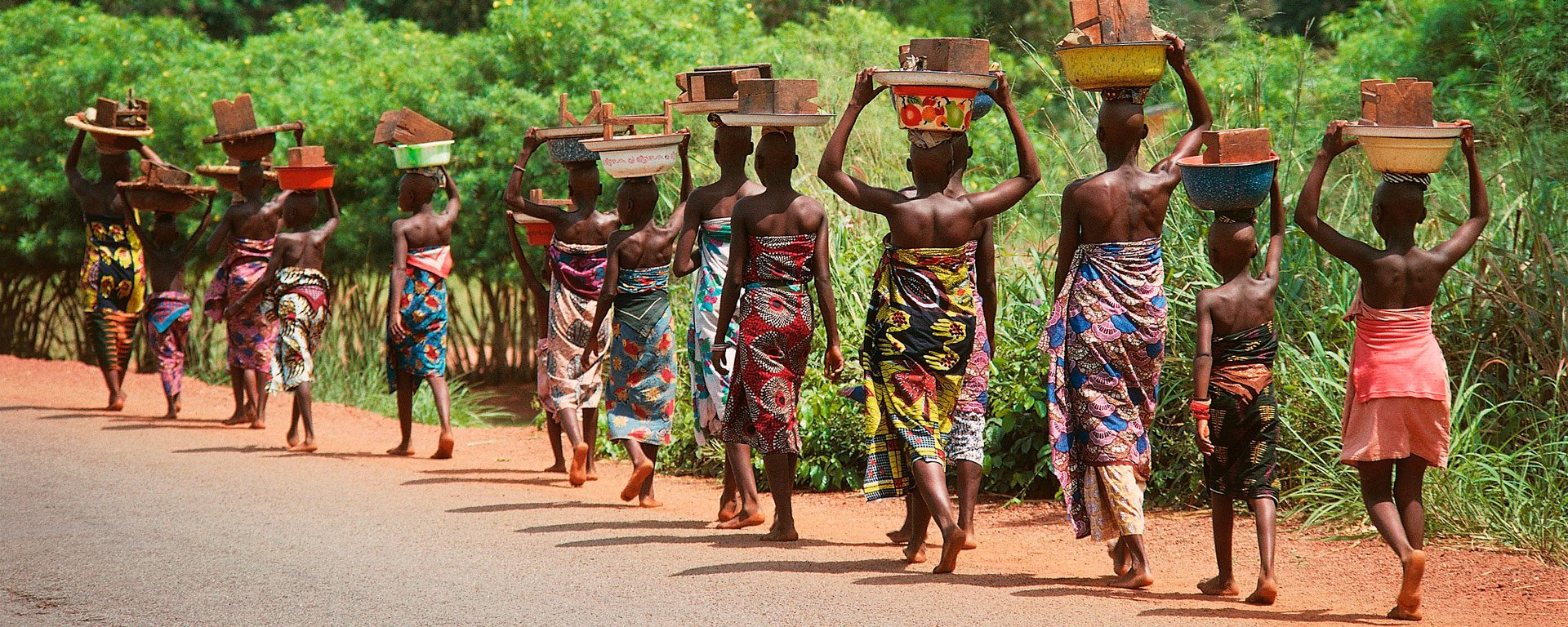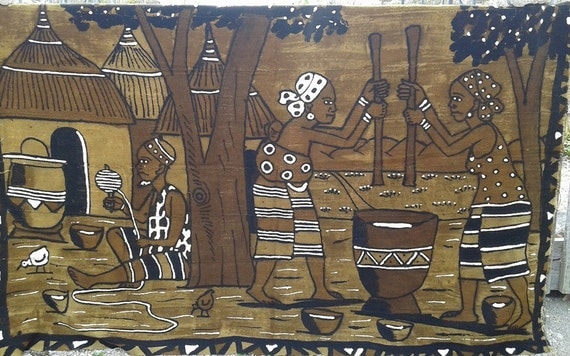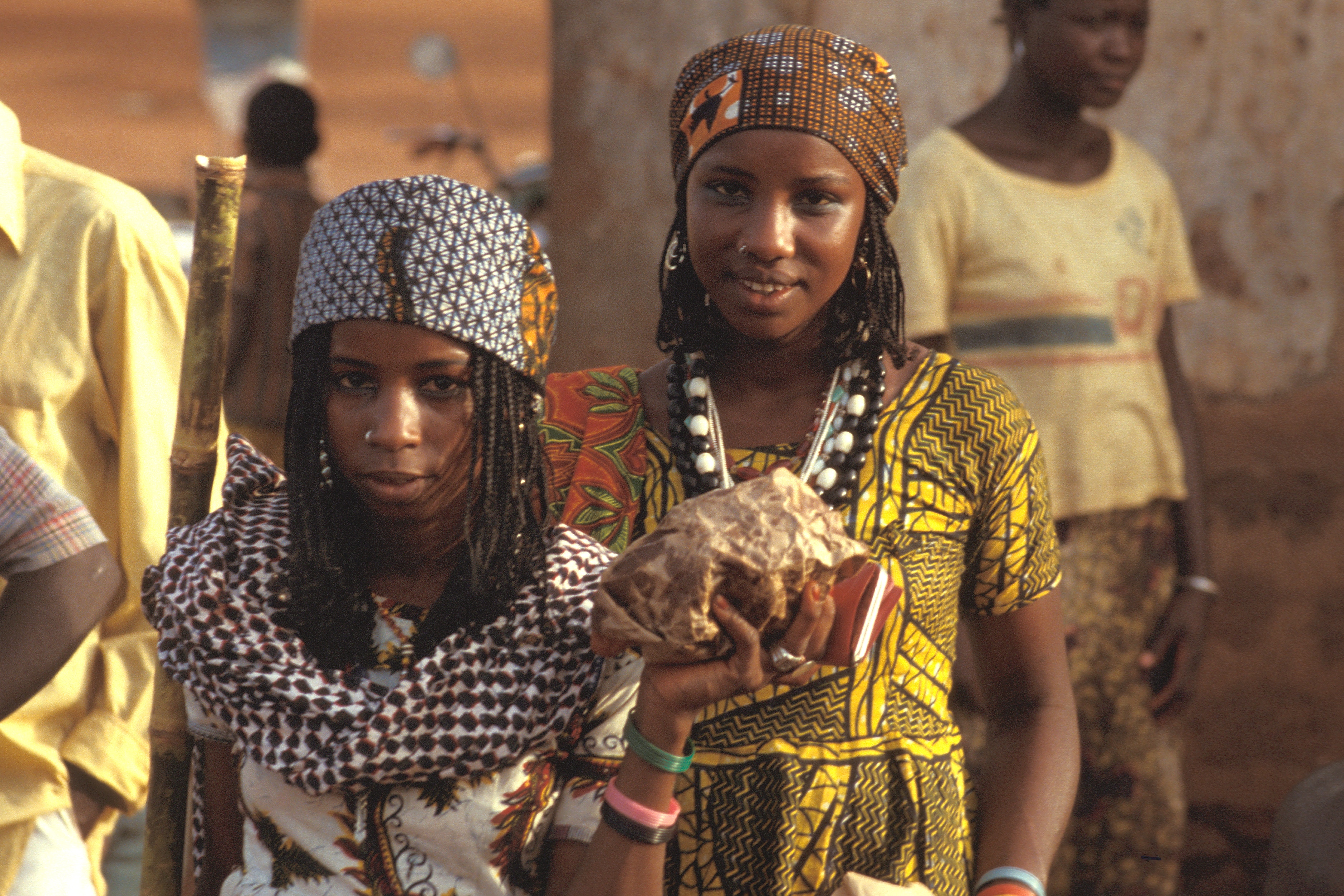2, May 2024
West Africa: A Tapestry Of Cultures And Landscapes
West Africa: A Tapestry of Cultures and Landscapes
Related Articles: West Africa: A Tapestry of Cultures and Landscapes
Introduction
With great pleasure, we will explore the intriguing topic related to West Africa: A Tapestry of Cultures and Landscapes. Let’s weave interesting information and offer fresh perspectives to the readers.
Table of Content
West Africa: A Tapestry of Cultures and Landscapes

West Africa, a vibrant region on the westernmost edge of the African continent, is a captivating mosaic of diverse cultures, breathtaking landscapes, and rich history. Bounded by the Atlantic Ocean to the west, the Sahara Desert to the north, and the Gulf of Guinea to the south, West Africa encompasses a vast expanse of land, encompassing 16 distinct countries.
A Geographic Overview
West Africa’s geography is as diverse as its people. From the rolling savannas and lush rainforests of the south to the arid landscapes of the Sahel, the region presents a captivating array of natural wonders. The Niger River, the third-longest river in Africa, flows through the heart of West Africa, providing lifeblood to numerous communities and serving as a vital artery for transportation and trade.
The region is also home to the highest mountain in West Africa, Mount Nimba, which stands proudly in Guinea. Coastal areas are dotted with picturesque beaches and mangrove swamps, while the interior boasts vast plains and rugged plateaus.
A Rich Tapestry of Cultures
West Africa is a melting pot of cultures, each with its own unique traditions, languages, and artistic expressions. From the vibrant textiles of Ghana to the intricate masks of Burkina Faso, the region’s cultural heritage is a testament to the creativity and resilience of its people.
The region boasts a diverse array of languages, with over 1,000 distinct tongues spoken across its borders. This linguistic diversity is a reflection of the region’s long and complex history, marked by trade, migration, and cultural exchange.
A History Shaped by Trade and Conflict
West Africa’s history is inextricably linked to the transatlantic slave trade, which had a profound impact on the region’s demographics, economies, and social structures. The legacy of this period continues to shape the region’s present, and its impact is felt in the diaspora communities across the globe.
However, West Africa’s history is not solely defined by the slave trade. The region has a rich tradition of trade and commerce, with empires like Ghana, Mali, and Songhai flourishing for centuries. These empires were renowned for their gold and salt trade, which connected West Africa to the rest of the world.
The Challenges and Opportunities of the 21st Century
Today, West Africa faces a range of challenges, including poverty, conflict, and climate change. However, the region also boasts significant potential for growth and development.
The region is rich in natural resources, including oil, gas, minerals, and fertile land. This potential is being harnessed by various initiatives aimed at promoting economic diversification and sustainable development.
The Countries of West Africa
1. Benin: A landlocked country in West Africa, Benin is known for its vibrant cultural heritage, including the traditional voodoo religion. Its coastal region is home to the UNESCO World Heritage Site of Ouidah, a historical center of the transatlantic slave trade.
2. Burkina Faso: Meaning "Land of Honest Men" in the Mossi language, Burkina Faso is a landlocked country known for its diverse landscapes, including the Pendjari National Park, a haven for wildlife. It is also home to the ancient city of Djenné, a UNESCO World Heritage Site with a rich history.
3. Cabo Verde: This archipelago nation, located off the coast of West Africa, is known for its stunning beaches, volcanic landscapes, and rich musical heritage. Its capital, Praia, is a vibrant city with a bustling port and a lively cultural scene.
4. Côte d’Ivoire: Situated on the Gulf of Guinea, Côte d’Ivoire is known for its lush rainforests, cocoa plantations, and vibrant cities. Its capital, Yamoussoukro, boasts a magnificent basilica, the largest in the world.
5. Gambia: The smallest country in mainland Africa, Gambia is a narrow strip of land along the Gambia River. It is renowned for its beautiful beaches, diverse birdlife, and rich cultural heritage.
6. Ghana: A nation on the Gulf of Guinea, Ghana is renowned for its rich history, including its role as the center of the Gold Coast trade. The country is also home to the Kakum National Park, a haven for biodiversity.
7. Guinea: Located in West Africa, Guinea is known for its diverse landscapes, including the Fouta Djallon highlands and the Nimba Mountains. It is also home to the UNESCO World Heritage Site of Mount Nimba Strict Nature Reserve, a haven for biodiversity.
8. Guinea-Bissau: A nation on the Atlantic coast of West Africa, Guinea-Bissau is known for its mangrove swamps, beautiful beaches, and rich cultural heritage. Its capital, Bissau, is a vibrant city with a bustling port and a lively cultural scene.
9. Liberia: Founded by freed American slaves in the 19th century, Liberia is a nation on the Atlantic coast of West Africa. It is known for its diverse landscapes, including the Gola Rainforest National Park, a haven for biodiversity.
10. Mali: A landlocked country in West Africa, Mali is known for its vast desert landscapes, ancient cities, and rich cultural heritage. The country is home to the UNESCO World Heritage Site of Timbuktu, a historic center of learning and trade.
11. Mauritania: Located on the Atlantic coast of West Africa, Mauritania is known for its vast desert landscapes, including the Sahara Desert. It is also home to the UNESCO World Heritage Site of the Banc d’Arguin National Park, a haven for migratory birds.
12. Niger: A landlocked country in West Africa, Niger is known for its vast desert landscapes, including the Sahara Desert. It is also home to the UNESCO World Heritage Site of the Air and Ténéré Natural Reserves, a haven for wildlife.
13. Nigeria: The most populous country in Africa, Nigeria is a nation on the Gulf of Guinea. It is known for its diverse landscapes, including the Jos Plateau, the Niger Delta, and the rainforest regions. Nigeria is also a major oil producer.
14. Senegal: Located on the Atlantic coast of West Africa, Senegal is known for its beautiful beaches, vibrant culture, and rich history. Its capital, Dakar, is a bustling city with a lively cultural scene.
15. Sierra Leone: A nation on the Atlantic coast of West Africa, Sierra Leone is known for its beautiful beaches, diverse landscapes, and rich cultural heritage. Its capital, Freetown, is a vibrant city with a historic colonial past.
16. Togo: A nation on the Gulf of Guinea, Togo is known for its diverse landscapes, including the Togolese Mountains, the Lake Togo region, and the coastal plains. Its capital, Lomé, is a bustling city with a vibrant cultural scene.
FAQs About West Africa
Q: What are the major languages spoken in West Africa?
A: West Africa is home to a diverse array of languages, with over 1,000 distinct tongues spoken across its borders. Some of the major languages include English, French, Portuguese, Arabic, and various indigenous languages.
Q: What are the major religions in West Africa?
A: Islam and Christianity are the two dominant religions in West Africa. However, traditional African religions are also widely practiced, particularly in rural areas.
Q: What are the major economic activities in West Africa?
A: West Africa’s economy is largely driven by agriculture, mining, and tourism. The region is also a significant producer of oil and gas.
Q: What are some of the major challenges facing West Africa?
A: West Africa faces a range of challenges, including poverty, conflict, climate change, and disease outbreaks.
Q: What are some of the major opportunities for development in West Africa?
A: West Africa has significant potential for growth and development, driven by its rich natural resources, burgeoning population, and increasing regional integration.
Tips for Traveling to West Africa
1. Research your destination thoroughly: Each country in West Africa has its own unique culture, customs, and laws. It is essential to research your destination thoroughly before you travel.
2. Obtain the necessary visas and travel documents: Be sure to obtain the necessary visas and travel documents before you travel to West Africa.
3. Pack appropriately for the climate: West Africa’s climate varies significantly from country to country. Pack appropriately for the climate you will be experiencing.
4. Learn some basic phrases in the local language: Learning a few basic phrases in the local language can be a great way to connect with the locals and make your trip more enjoyable.
5. Be aware of your surroundings: As with any travel destination, it is important to be aware of your surroundings and take precautions to protect yourself from crime.
Conclusion
West Africa is a vibrant and dynamic region with a rich history, diverse cultures, and breathtaking landscapes. The region faces a range of challenges, but it also boasts significant potential for growth and development. By embracing its cultural heritage, harnessing its natural resources, and fostering regional cooperation, West Africa has the potential to become a beacon of progress and prosperity in the 21st century.








Closure
Thus, we hope this article has provided valuable insights into West Africa: A Tapestry of Cultures and Landscapes. We appreciate your attention to our article. See you in our next article!
- 0
- By admin
